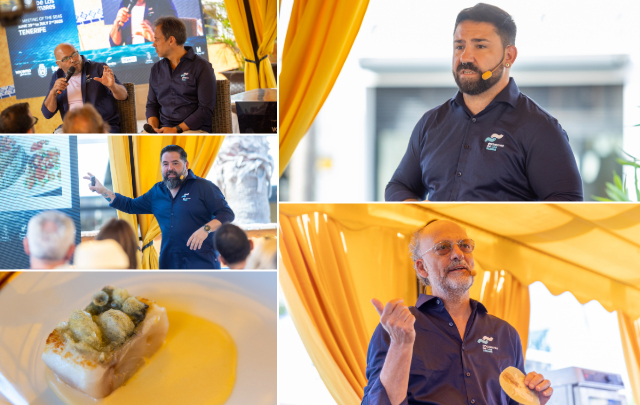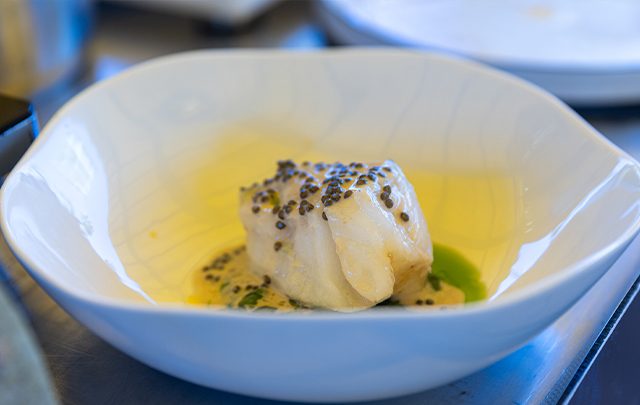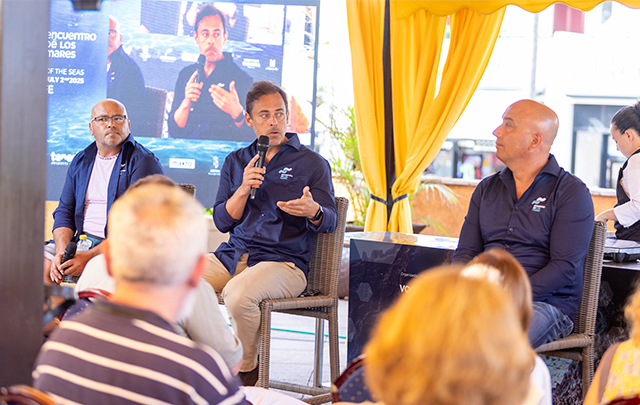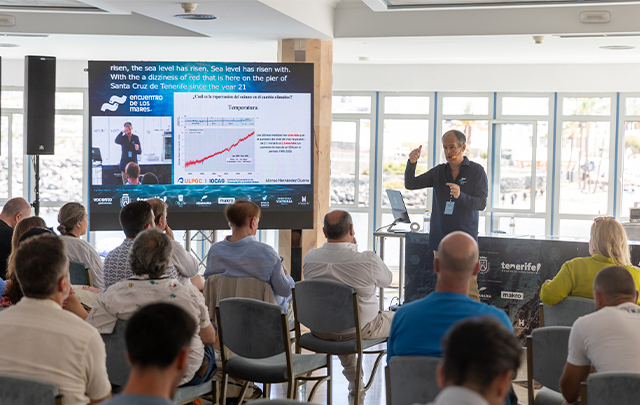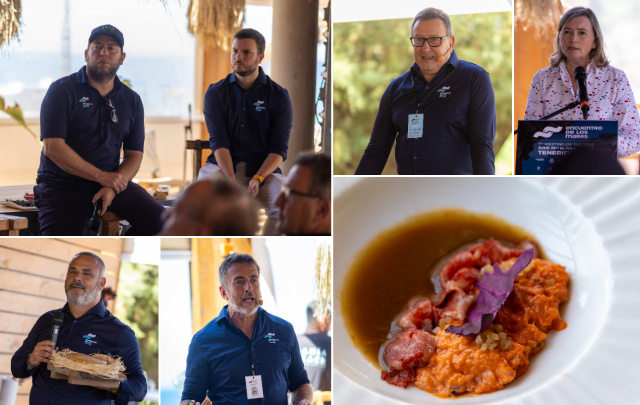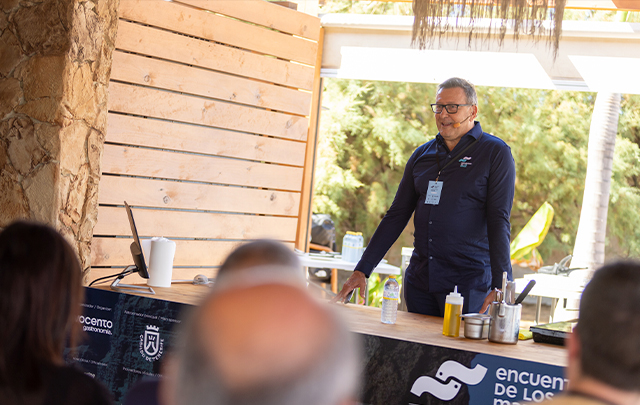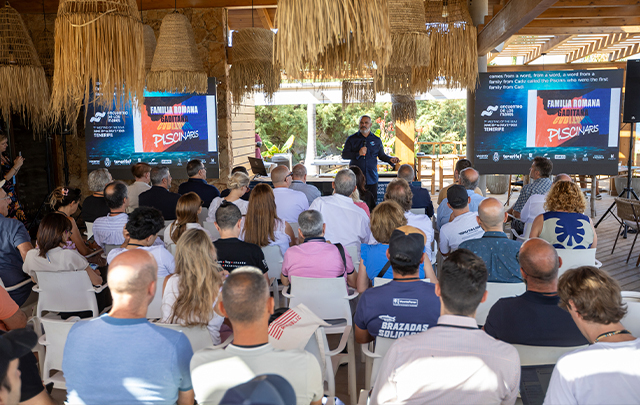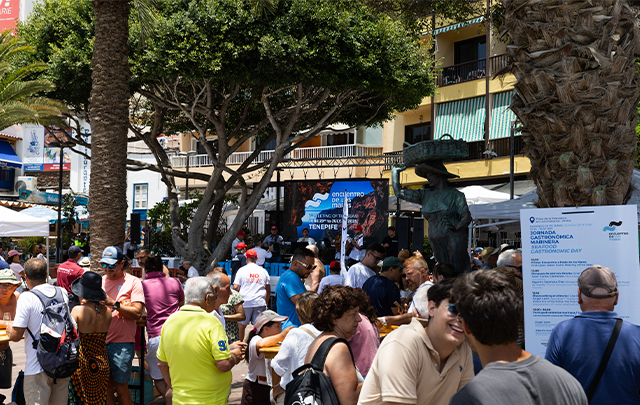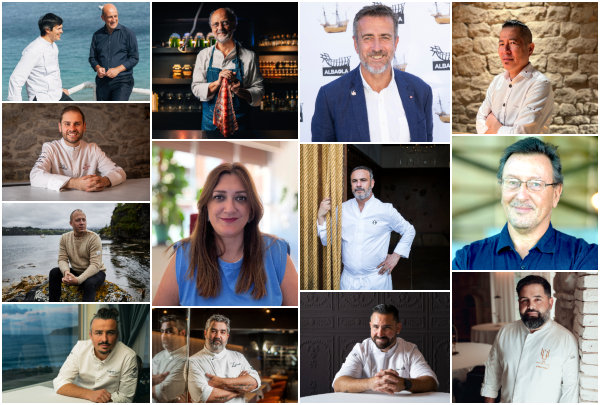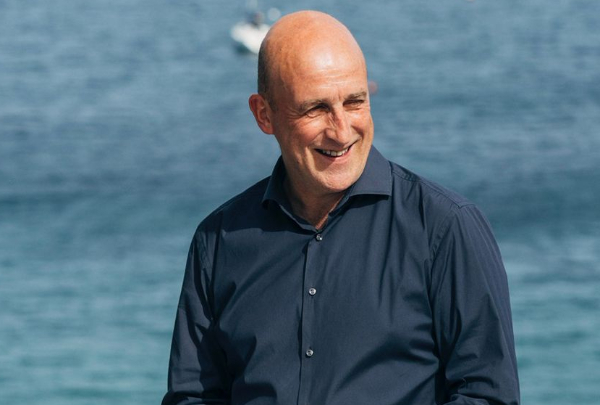News
Experts warn that climate change is threatening the salinity of the seas, and that if this continues, we will be in trouble.
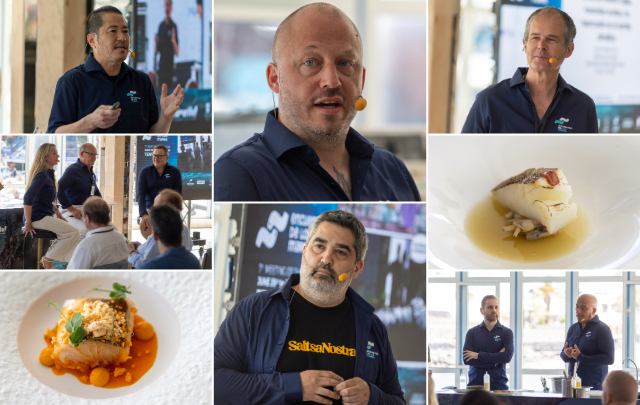
On the second day of the seventh edition of Meeting of the Seas, the conference being held on the Canary Island of Tenerife with the support of Tenerife Despierta Emociones, changing climate conditions and the challenges facing humanity in the future were discussed from various perspectives. The conference demonstrated that action must be taken quickly to mitigate the effects of climate change and seek sustainable solutions, with discussions focusing on the effect of climate change on ocean salinity, the role of aquaculture in human nutrition, and how all this affects fishing and gastronomy, which draws its inspiration from the sea.
Salt, the theme of this edition of the conference, was the focus of a presentation by Alonso Hernández Guerra, a professor of oceanography at the University of Las Palmas de Gran Canaria. He explained the impact of ocean salinity on climate change in a very graphic way. “The ocean is a fluid that expands when heated, which is why sea levels are currently rising by 3.3 millimetres per year — a total of 25 centimetres over the last 100 years. This has caused us to lose around six metres of beach in Spain. If we continue like this, we will lose Las Canteras in the Canary Islands,” he warned.
He illustrated amazing phenomena such as brine pools and hypersaline lakes in the depths of the ocean to the audience. He explained that the waters in these lakes are denser and 10 times more saline, making them lethal to any marine fauna that enters them. However, he primarily focused on the ocean currents that connect all the planet's seas and oceans, whose proper functioning is threatened by climate change. Like a domino effect, if global warming in ocean circulation persists, it will cause atmospheric temperatures to rise further, leading to disasters such as the melting of Greenland and the release of fresh water into the Arctic. "This reduces the salinity of the water, which also reduces its density. This prevents deep water from forming, causing the collapse of the global conveyor belt and resulting in serious disturbances such as the Filomena snowstorm in Madrid or a dangerous decrease in rainfall in the Amazon," he concluded.
Fishing and gastronomy must adapt to these changing times
On this second day, several chefs also presented their culinary interpretation of the sea. The first to do so was Norwegian chef Christopher Haatuft from Lysverket* in Bergen, western Norway. Beyond presenting traditional products such as fermented trout, dried cod and slave herring — a reminder of the country's past involvement in the slave trade, which he described as "unpleasant, very salty and difficult to smoke, only served as a means of survival during the crossing" — he also encouraged the audience to consider the importance of chefs looking not only to the past, but also reflecting on the present and future. In this sense, Haatuft challenged the belief that chefs oppose aquaculture, arguing that if it is sustainable, it is a great solution, especially in a scenario with serious climate and environmental problems. This chef, who used to be a punk rock musician, therefore demystified the idea of chefs working alongside farmers in biodynamic gardens, suggesting that we should focus on making tomatoes more nutritious and drought-resistant.
The day's round table discussion, guided by the scientific director of the conference, Carlos Duarte, related to this need to adapt food production to the changing conditions of the planet and its growing population. José Carlos Rendón, president of the Association of Marine and Continental Producers of Spain (Apromar), and Gema Valero, director of the fish section at MAKRO Spain, discussed the role of aquaculture in the future of food. All three agreed that 'aquaculture is not the future of food; it is the present', a statement that Rendón supported.
One example of support for farmed fish came in the form of a presentation by Bilbao-based chef Sergio Ortiz de Zarate (Zarate*, Bilbao), who admitted to using it in the Basque sauces he came to defend at Encuentro de los Mares. Zarate defended the famous Biscayan sauce, emphasising that it does not contain tomato, and explained that it is essentially a seafood sauce. The Basque chef also took the opportunity to talk about his special recipe book, Saltsa Nostra, which combines gastronomy, recipes, comics and irreverence. It even features Hideki Matsuhisa, another chef who took to the stage at the conference today. The Japanese chef, who is based in Barcelona at the restaurant Koy Shunka*, spoke about the role of salt in Japanese cuisine. He explained that in Japan, 'little salt is used; the salty flavour comes from other seasonings', but salt is still important as a flavour enhancer, with a term even existing for the right amount: shiokagen. This varies depending on the product because they are not all the same: some may be very fatty, some grilled and some fried.
One of the temples of frying was also present at the Meeting of the Seas conference. This is Granada's legendary Bar FM restaurant, where Rosa Macías and Paco Marín showcase the seafood provided by their trusted supplier, who is almost part of the family, using only a griddle and a deep fryer. Another example of this chef-fisherman relationship was provided by Roberto Rodríguez, the manager of Artesáns da Pesca in La Coruña, and Áxel Smyth, the chef at Simpar* in Santiago de Compostela, who won the Madrid Fusión 2025 Revelation Chef award. Rodríguez insisted that 'mutual trust achieves the best results', and the manager of Artesáns da Pesca explained that some customers don't even ask for specific species, only requesting kilos of white or blue fish, 'at our discretion, whatever is best that day'. He has the same approach with Áxel Smyth, who joked that their relationship is ‘based on what you offer me and what I need’, although he acknowledged that ‘if we don't follow the seasons and what the sea offers us, we quickly lose our identity’. Ultimately, as Roberto pointed out, 'If the restaurant does well, so do we', which means it is a team effort. However, we must not lose sight of the fact that 'the fisherman is not a producer, only an extractor; here, nature is the producer, and we must work in harmony with it'.
On the second day of the Meeting of the Seas, an event promoted by the Cabildo de Tenerife through its Tourism and Primary Sector departments and organised by Vocento Gastronomía, the morning of presentations was closed by open water ultra-distance swimmer Christian Jongeneel. The Málaga native, who also led the Encuentro a Nado de los Mares (Swimming Encounter of the Seas), which took place on Sunday as part of the conference's public day, explained how swimmers must adapt to the properties of salt water, which affect buoyancy, resistance, and skin sensation.

